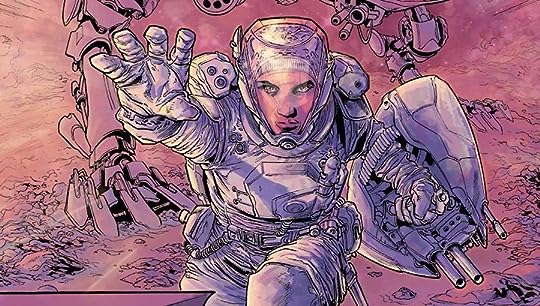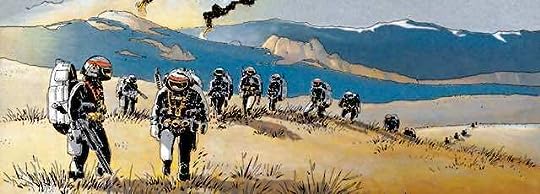What do you think?
Rate this book


265 pages, Paperback
First published December 1, 1974








I'm really surprised this has such a high rating. There's really not much to it.
Okay, it presents a cool concept. What would it really be like to fight a war with an alien race across the vast reaches of space? Even with something that allowed you to "jump" vast distances you would have to get to these places. As the ship you travel in nears the speed of light, time for you slows down. So for the main character who was born in 1997, he returns from the war in 3143 having aged only a few years but the world he knows is no longer there.
Of course along with this is all the technology changes that comes along. The main character will go out on a mission and come back and find all this new technology waiting. New weapons, medicine, food, language, customs, well you can imagine. All this was interesting but honestly, it wasn't enough.
The plot almost saved the story, almost. Have you ever been told to do something and the whole time; you're doing it you keep saying to yourself "this is so stupid why am I doing this?" That was what the war with the aliens was like for this whole book.
Finally, character development: William Mandella is the main character and other than having a high I.Q. and also being physical fit you never really learn anything about him. I never developed any connection with him. Mostly because I didn't know anything about him and just didn't care one way or the other.
I think I'll skip the rest of this series!
